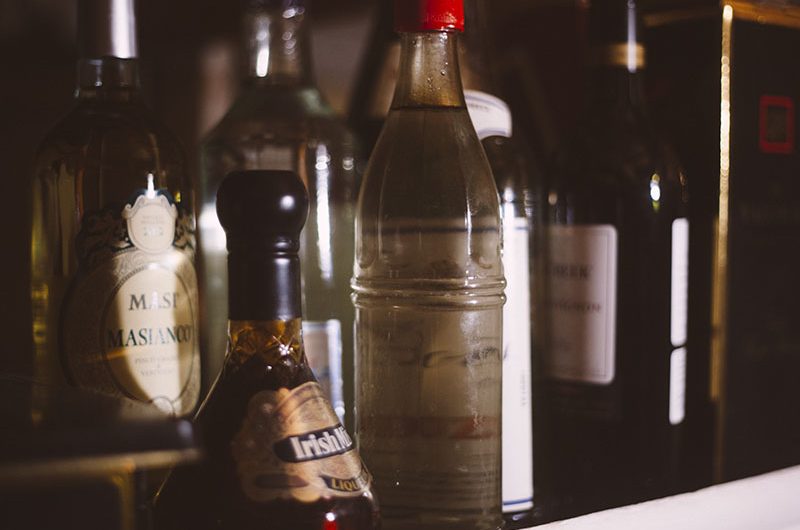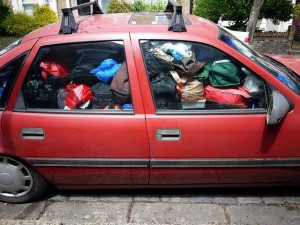28 Benefits To Prepping Even If TEOTWAWKI Doesn’t Come
While most preppers do take the threat of a financial crisis, a solar flare, or even a zombie apocalypse very seriously, there are many benefits to prepping even if these TEOTWAWKI situations never come about in our lifetimes.
Many of the criticisms non-preppers make of preppers


